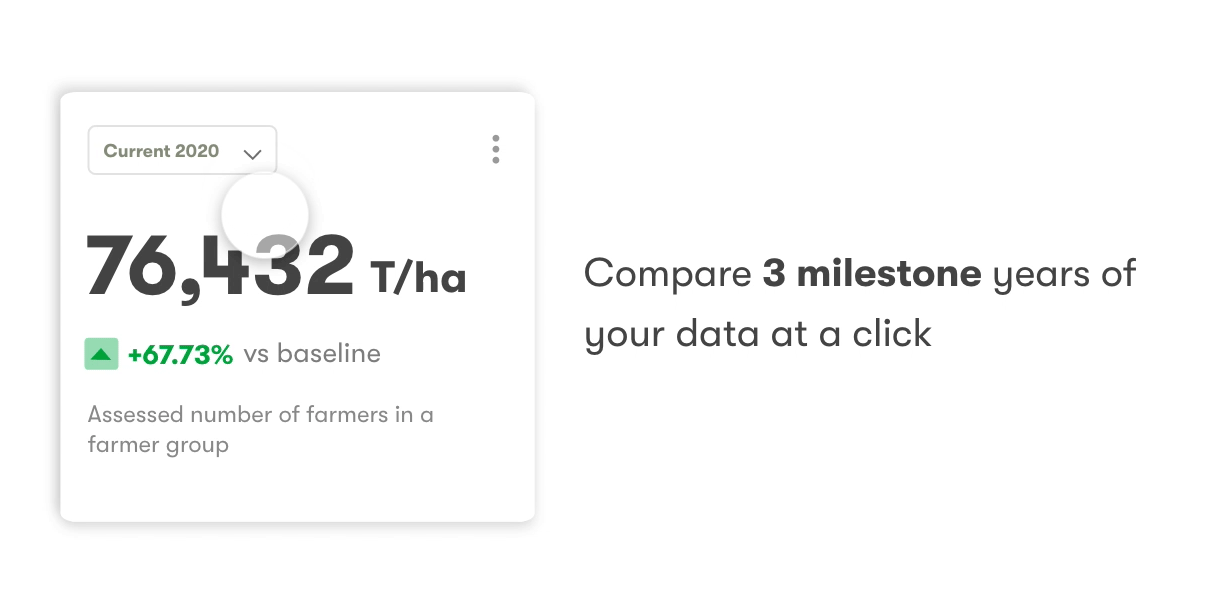INCENTIVISING COCOA FARMERS TO PROTECT AND RESTORE FOREST
Olam Cocoa’s first Infinity status project in Ghana uses long-term, community-based solutions to tackle deforestation. A model providing economic incentives to local farmers and communities delivers a triple positive impact by protecting and restoring the local landscape, improving agricultural practices and boosting economic opportunities for local farmers.
Deforestation often occurs when smallholder farmers struggle to make a decent income from their existing land. The project aims conserve the Sui River Forest Reserve in Ghana by supporting 10,000 farmers to increase their yields – and therefore incomes – through more sustainable agricultural practices and access to new income-generating opportunities, removing the economic incentive for farmers to encroach on the forest boundaries.
The multi-stakeholder project was launched in 2017 and co-created by Rainforest Alliance and Olam Cocoa, in collaboration with Partnership for Forests (P4F), a programme funded by the UK government. Following its success in Ghana, there is potential for the project to be expanded into other geographies in Ghana, as well as Nigeria, Côte d’Ivoire and Cameroon.
Delivering a triple-positive impact
Protecting and regenerating landscapes
- The active participation of the community is essential to protecting and regenerating landscapes. Landscape Management Boards (LMBs) have been established that bring together community members, local farmers, as well as Forest Commission and Olam Cocoa representatives, who can work together to promote sustainable cocoa production through land-use planning and monitoring. By 2021, it is estimated that 155,000 hectares of land will have been brought under sustainable management as part of this project.
- Landscape Management Plans have also been developed which identify key focus areas and actions to stop further deforestation, including a pilot to register the cocoa trees of 4,000 farmers. This is crucial because it ensures proof of ownership, encouraging farmers to invest in their crop by planting more forest trees to help increase forest cover. To support this effort in 2020, Olam Cocoa has set up a forest tree seedling nursery to raise over 500,000 shade tree seedlings including Terminalia, Mahogany, Monzonia and Cederala species for cocoa farmers.
Supporting farmers to develop sustainable farming practices
- The project will also train 10,000 cocoa farmers on climate-smart agriculture and sustainable farming practices such as tree planting and establishing agroforestry systems to support biodiversity. These practices not only help protect the land, but also provide important shade trees that help improve cocoa yields for farmers. To date, these new practices have been deployed by cocoa farmers on over 18,300 hectares of land.
Boosting economic opportunities for farming communities
- Economic empowerment is key to preventing deforestation in the long term. To date, 181 (84%) community representatives have been trained on key business skills including book-keeping and legal and farming cooperative governance to help them create a sustainable future for local farming co-operatives.
- To help increase long-term incomes for Local Buying Agents and their farming networks, the project has also helped to develop business and financial plans. These include cocoa certification and additional activities that can help to diversify and increase incomes, like soap making, bee keeping, and vegetable and snail farming.
Through involving the local community in land protection and working with cocoa farming communities to create long-term economic opportunity, the project not only tackles the root causes of deforestation, but also seeks to create a more sustainable and positive future for cocoa farmers.
